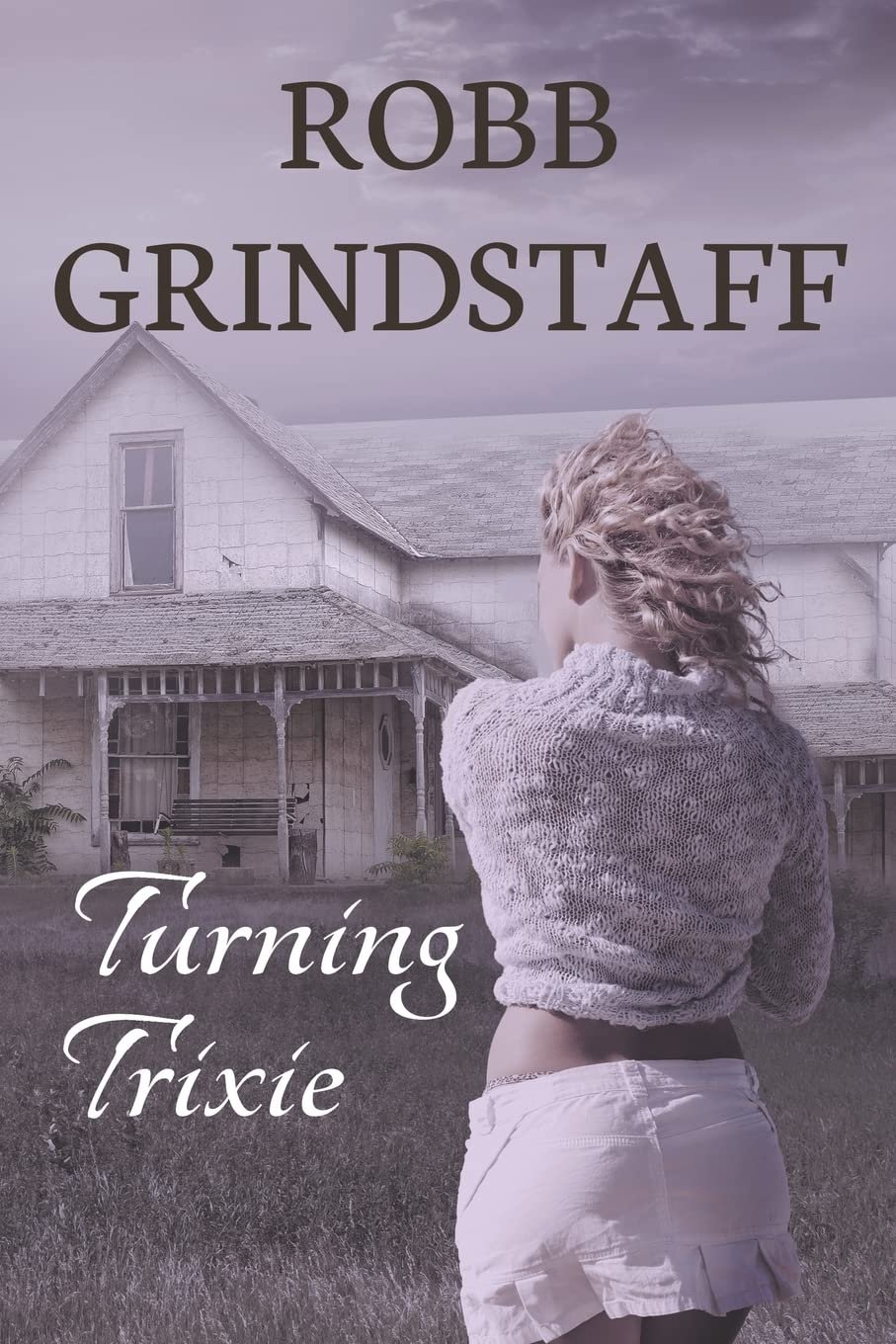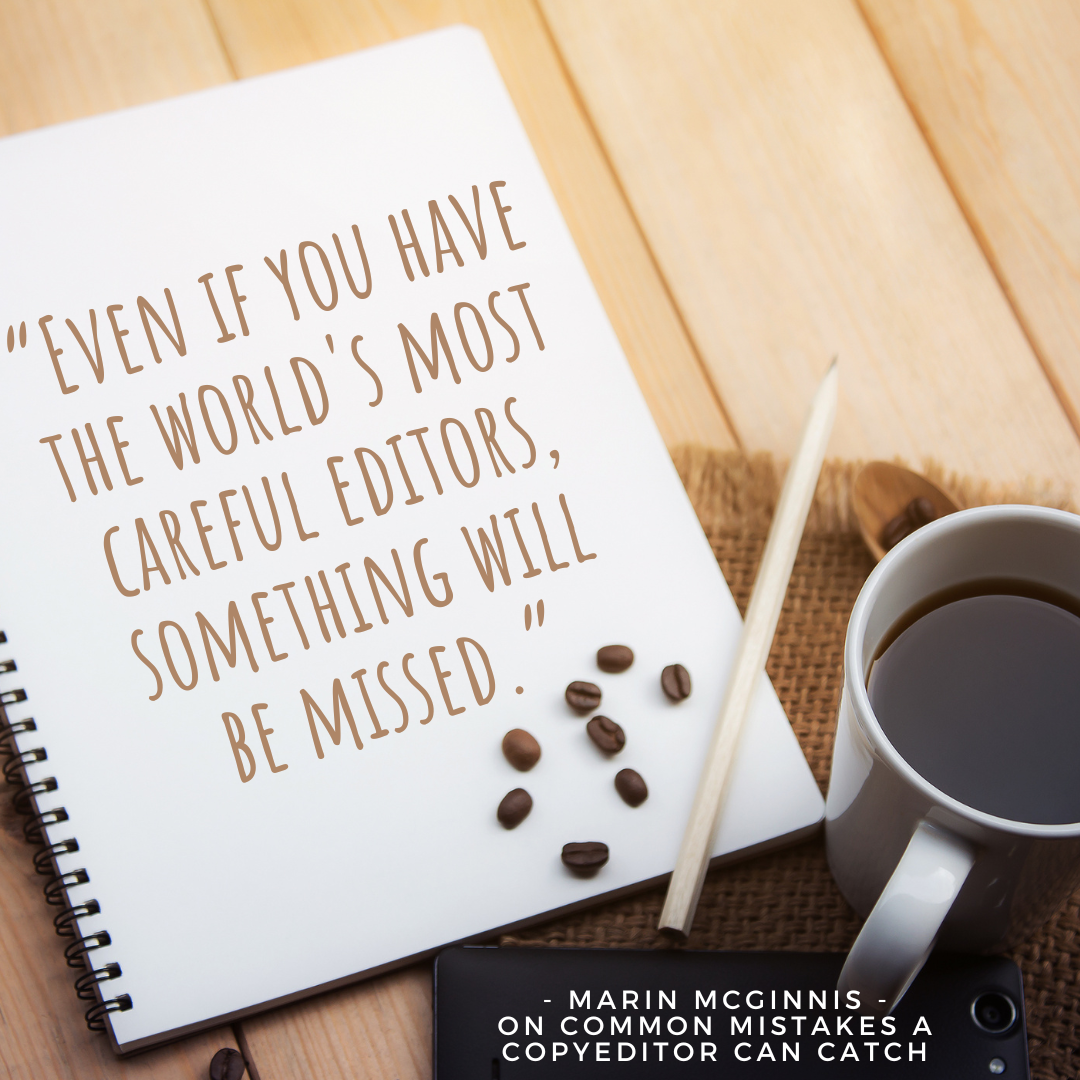Don't be afraid to ask for help with the most critical first step of your writing journey - the query.
I’ve been blogging since 2011 and have critiqued over 200 queries here on the blog using my Hatchet of Death. This is how I edit myself, it is how I edit others. If you think you want to play with me and my hatchet, shoot me an email.
If the Saturday Slash has been helpful to you in the past, or if you’d like for me to take a look at your query please consider making a donation, if you are able.
If you’re ready to take the next step, I also offer editing services.
My thoughts are in blue, words to delete are in red, suggested rephrasing is in orange.
OUR SECRETS WILL SAVE US is a 72,000-word YA modern-day psychological thriller. Told through multiple points of view over a 2-day period this “whodunit" mystery revolves around small town secrets and the lengths each character takes to keep them hidden. It’s perfect for fans of Holly Jackson’s FIVE SURVIVE and Netflix’s series MURDAUGH MURDERS. Good intro! I typically tell writers to put title, word count, genre, comp titles at the bottom, but you've done a solid job with this and I see no reason to move it.
It’s the night of prom prom night in the small southern southern is implied in naming the state, so you don't need it here town of Foley, Georgia. The high school guests all gather to celebrate the grand finale of the year I'd find a different way to intro this thought, you're basically describing prom, and we all know what that is and everything is going as planned - that is until one of their fellow classmates is found dead.
I'm not sure about the structure that you're using here. Is one of the listed characters below the victim? My initial reaction is that you're listing possible suspects, but then the last sentence implies that one of THEM is going to die... so do two people die, or is there only one death and one of the listed characters is the victim?
It also raises questions about timeline - is this book about the murder, or about figuring out who the killer is? In other words, are we going to see all these characters bouncing off each other, and then the penultimate moment is the murder itself? Or is the murder an early occurrence, and the story is actually about figuring out who did it? You call it a whodunit in the intro para, but if that's the question, then one of these characters has to be searching for the answers - not just being listed as having a motive.
Vivian - the Junior Class President - has worked tirelessly in perfecting the night, but of all people, she knows that nothing is ever as perfect as it seems. That's a pretty broad statement that could mean anything
Walker - the druggy - has one last chance to prove to them all that what happened last year doesn’t define him, that what happened last year should have never happened to him. But what happened last year, and why does it matter now? How does it tie into prom?
Averitt - the musician - has suffered for three years after his best friend’s death, but how can he move on when he is in love with his dead best friend’s sister? But how is that a motive?
Miya - the runner - has learned how to keep her distance, but when an unexpected romance becomes the center of her attention, she will do anything to protect their interracial secret. Definitely interesting, but again, I don't know how this is a motive, partially because I don't know who's dead
Brookyln - the newbie - has moved in with a step-father and step-brother she hates and is desperately searching for a connection - a connection that quickly turns into an obsession. Again, interesting, but all of these feel very disparate. It might be more intersting to trace how they connect, rather than setting each apart
Each of them has a secret. Each of them has a motive. And when each of their secrets begin to collide, someone will not leave prom alive. I like this, but it might work better as a hook!
I think you've created a difficult plot to query, lol! First of all, ask yourself if each of these 5 characters actually needs their own POV. Five is a LOT to juggle and as a first time writer, an agent might question your ability to pull it off. I'm not saying it isn't possible, but I do think it's something of a barrier.
I think your plot sounds interesting, and I love the idea of a prom murder, and each of their secrets being interconnected. That interconnection might be a more interesting way to structure the query, rather than listing characters.





